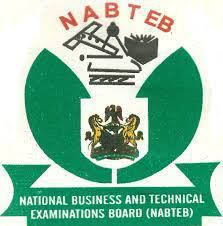Simple English Errors With Corrections
There are some simple errors we often make during our conversations and reporting respectively. Why i called them simple errors is that, they are easy if you know them. Some the simple errors are: Raise up your hand. Note: when your’er raising anything we know that you are taking it up. Instead use “RAISE YOUR HAND”. So/Therefore. So/therefore is another simple mistake which most people do use when speaking. Note, if “so” have been used, don’t use “therefore” simulteneously. They mean same thing. Been/Being. Note any verb to follow before been must be “have”, “has”, and “had” while after “been” should be a past participle or past tense. Eg. I have been told about the woman’s manners. While, “being” should be use, if “is”, “was”, or “were”and “to” is used before. And the verb after “being should be either past tense or past contineous. Eg. The boys were being killed. Both. Both is only used where the comparism is between two object or things. Eg. Both Justin and Justina travelled abroad (correct). Both Justin, Justina and Joseph travelled abroad (wrong). Why? Because, people mentioned above are more than two. Have/Has and Had. Have here is a plural verb and can not be use with a pronoun like He, She and it. While “has” is the one to being used with the above pronouns. Had is the past tense of both “have” and “has”. Note: “I”, and “You” agreed with the verb “have” and not “has”. Although they are singular subjects but, they function as plural subject. Either or/Neither nor. Either or agrees with one from the two objects given. While, “neither-nor” is denieable. Automatically not done. This means, both the two subject didn’t. Eg. Neither the boy nor the girl ate the mango. This sentece is telling us here that both the boy and the girl ate no mango. Options/Alternatives. When “options” is used know that the answers given to you to choosing one from the mentioned are more than two. But, when “alternatives” is used, know the answer given to you’ll be two and nothing more. Less. Note: any word with this suffix is automatically change in meaning. If you are given this, “I’ll not talk of her limitless ability at war”. “Limit” is the end. But since “less” is added, you should know that, “her ability at war had no limit”. Drop your comments and wait for more.Categories: NABTEB O' Level and Advanced Questions and Answers Expo Runz, Others
0 Responses




